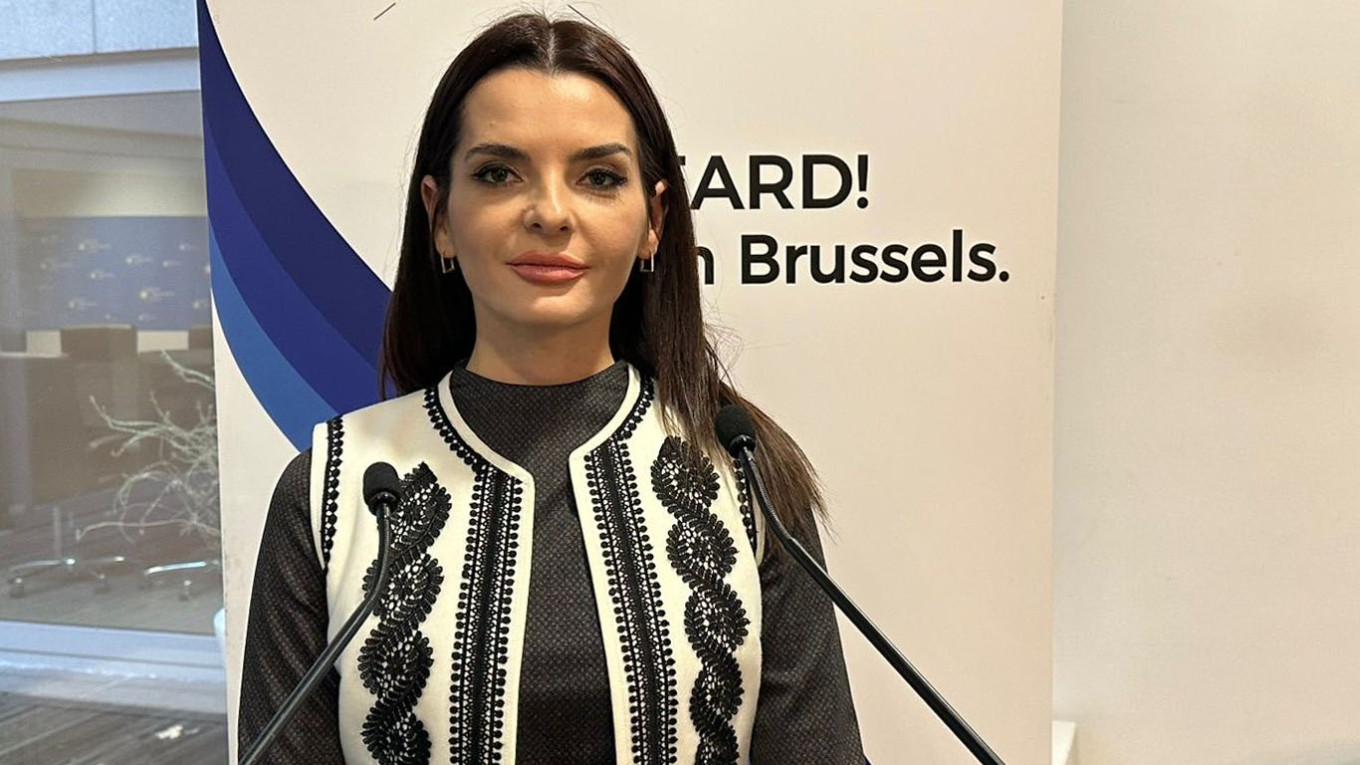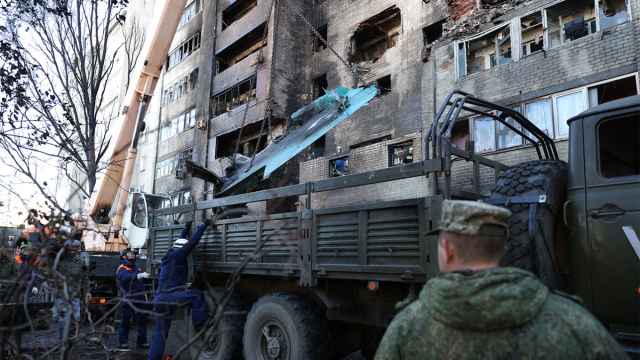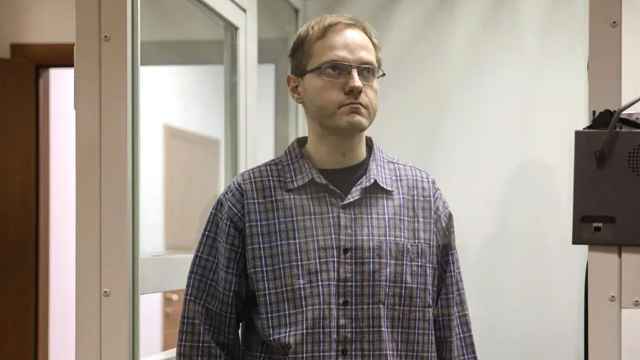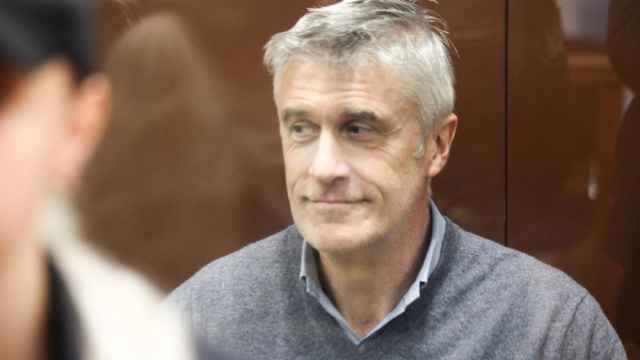The Kremlin accused Moldovan authorities of political repression after a court sentenced the pro-Russian governor of the country’s autonomous Gagauzia region to prison for allegedly funneling Russian money to a banned political party.
A court in Chisinau on Tuesday sentenced Gagauzia leader Evghenia Gutul to seven years in prison for channeling undeclared Russian funds to the now-banned Shor Party between 2019 and 2022. Gutul denied the charges.
“This is clearly an example of a politically motivated decision,” Kremlin spokesman Dmitry Peskov told reporters after the sentencing announcement. He described the verdict as “open and arguably unlawful pressure on political opponents” ahead of Moldova’s parliamentary elections in September.
“We’re witnessing the systematic suppression of the opposition in Moldova, effectively depriving people of the right to vote for their preferred candidates. It’s evident that democratic norms and principles are being consistently violated in the country,” Peskov said.
Supporters staged protests outside the courthouse as Gutul and her former Shor Party colleague Svetlana Popan were sentenced.
The ruling came after Moldovan President Maia Sandu last week accused Russia of planning an “unprecedented” interference campaign in Moldova’s upcoming elections. Sandu pointed to exiled Shor Party leader Ilan Shor, who currently resides in Russia, as orchestrating a “criminal group” engaged in vote-buying and sowing political unrest.
Gutul, who was elected with Shor Party backing, has publicly appealed to both Russian President Vladimir Putin and Turkish President Recep Tayyip Erdogan to intervene and press for her release. Before her March 2025 arrest, she traveled to Moscow seeking support from the Kremlin.
Gagauzia, a predominantly Russian-speaking, ethnic Turkic region in southern Moldova, has a population of 140,000. After being incorporated into the Moldavian SSR, it underwent significant Russification, strengthening its cultural and linguistic ties to Russia.
Following Moldova’s independence in 1991, Gagauzia sought and was granted autonomy in 1994. Since then, local leaders have frequently clashed with Moldova’s central government over cultural policies, economic development and foreign affairs.
A Message from The Moscow Times:
Dear readers,
We are facing unprecedented challenges. Russia's Prosecutor General's Office has designated The Moscow Times as an "undesirable" organization, criminalizing our work and putting our staff at risk of prosecution. This follows our earlier unjust labeling as a "foreign agent."
These actions are direct attempts to silence independent journalism in Russia. The authorities claim our work "discredits the decisions of the Russian leadership." We see things differently: we strive to provide accurate, unbiased reporting on Russia.
We, the journalists of The Moscow Times, refuse to be silenced. But to continue our work, we need your help.
Your support, no matter how small, makes a world of difference. If you can, please support us monthly starting from just $2. It's quick to set up, and every contribution makes a significant impact.
By supporting The Moscow Times, you're defending open, independent journalism in the face of repression. Thank you for standing with us.
Remind me later.






